EMPOWERING OPERATORS The MISSION & ACHIEVEMENTS of IESC
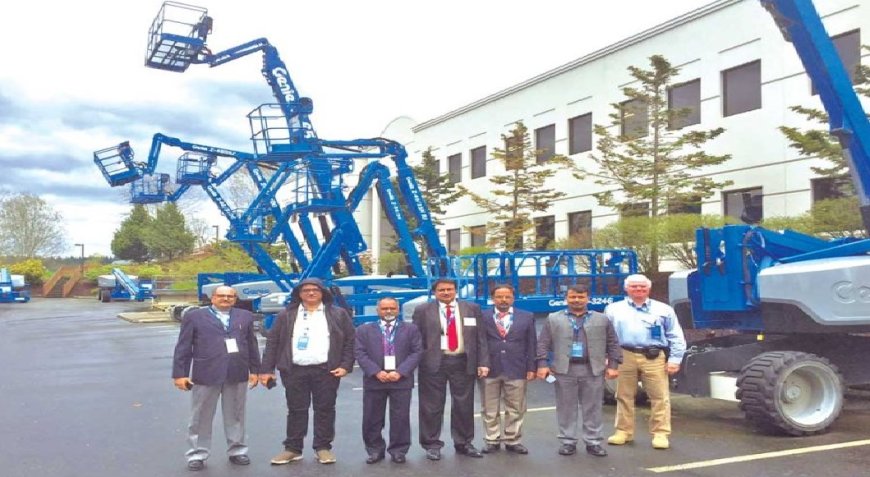
Shortage of skilled operators has been a major challenge faced by the Infrastructure, Construction & Mining industry for the past many years. H.S. Mohan, Founder CEO, Infrastructure Equipment Skill Council (IESC), elaborates on the current scenario of skill development and the role of IESC in narrowing the skill gap in the industry.
Over the years’ growth in the infrastructure equipment sector has been synonymous with the economic health of the country. In 2018, the sale of construction equipment was around 82,500 units and is expected to touch 300,000 units within the next few years.
• With existing shortage of skilled manpower, coupled with this anticipated growth, an overall requirement of nearly two million operators and mechanics was projected.
• Realizing this futuristic need and with the existing vocational education system being unable to fully support the industry, the Infrastructure Equipment Skill Council (IESC) was formed in 2014 as an apex body to spearhead the skilling of workforce in the sector. IESC established its head office in Bengaluru in end-2014 and commenced operations by January 2015 with primary focus on training and certification of operators and mechanics for the Construction, Earthmoving, Mining, Material Handling sectors.
• The Council promoted by the Indian Construction Equipment Manufacturers’ Association (ICEMA), is funded partly by contributions from the industry and major funding from the National Skill Development Corporation (NSDC) under the Ministry of Skill Development & Entrepreneurship, Govt of India. The IESC started working in close coordination with the Confederation of India Industry (CII).
• The IESC presently has 40 members comprising original equipment manufacturers (OEMs), equipment financiers, component suppliers, etc, whose products constitute active engagement of over 90 per cent of the industry’s workforce.
• The Council is governed by a 19-member body comprising senior executives from all segments of the industry as well as representatives from related bodies like Department of Heavy Industries, Builders’ Association of India (BAI), financial institutions, Academia, NSDC and from the user industry.
• The mission of the IESC is to transform the skill landscape in the sector by: training over a million operators and mechanics in the next 10 years; certifying over 5,000 trainers over the next decade; accrediting around 400 training partners to deliver training; and assisting certified personnel in job placements in India and abroad.
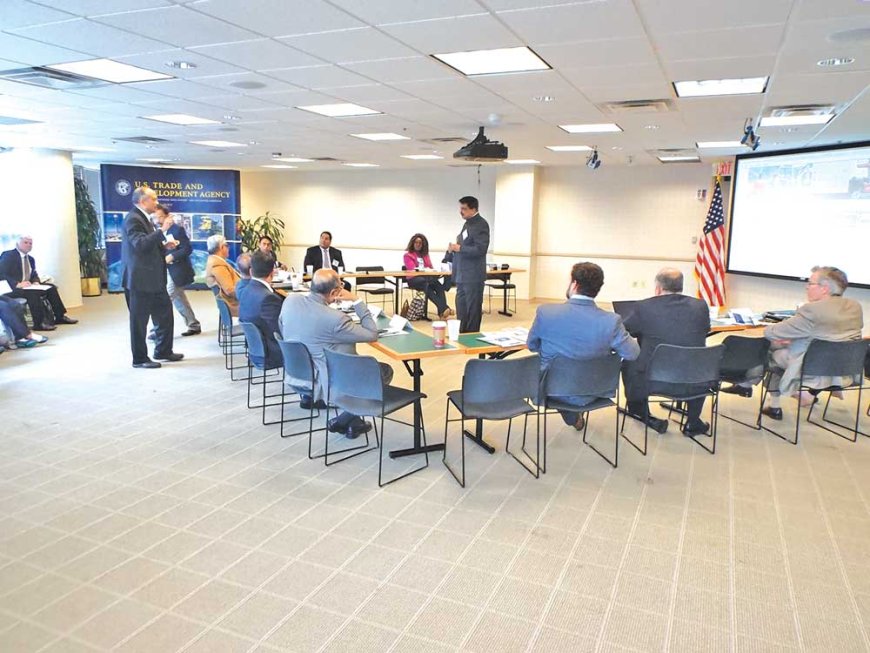
Initiatives undertaken
• IESC developed National Occupational Standards (NOS) and Qualification Packs (QPs) for 39 job roles; validated and in use by the industry; maximum at NSQF (National Skill Qualification Framework) Levels 3 and 4 Operators and Mechanics, and Level 7 for Supervisors covering over 80 per cent of workforce in the industry. All these standards were developed in close coordination with construction, mining and user industry and certified by National Council for Vocational Education and Training (NCVET) & NSDC.
• The job roles of operators and, to an extent, mechanics being non- aspirational; for the first time a career progression path has been mapped, which has been appreciated in the industry.
Accreditation of around 60 training partners pan India, majority of whom are OEMs and their associates followed by empanelment of nearly 900 qualified and certified trainers from the industry, has enabled the Council to train around 55,000 personnel and its ongoing.
MOUs have been signed with various state skill development missions such as Kerala, Andhra Pradesh, Assam, Uttarakhand, Gujarat, Jharkhand, and Maharashtra to scale up skilling activities. Similar proposals with Rajasthan, Odisha and Uttarakhand are in the pipeline.
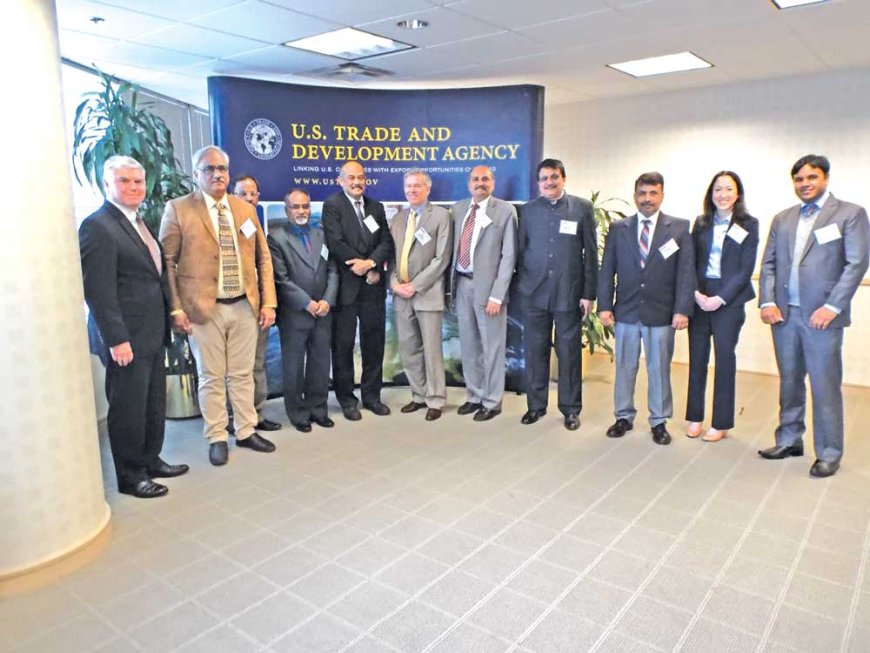
Following the MOU with National Highways & Infrastructure Development Corporation (NHIDCL), IESC has successfully completed the initial round of programs to skill personnel being employed at various road construction project sites in the North East. Training the project- affected people and employing them for the NHIDCL projects. This was a huge challenge.
Joined hands with Auto Sector Skill Council for creating Centers of Excellence.
Likewise, initiatives for Skill Development in organizations like CIL, Indian Army reached delivery stage. Programs with ACITE – affiliated colleges have already started. GAIL training under special category for their existing personnel at different sites was executed.
The journey ahead: Challenges and opportunities
The growth rate of the construction equipment sector is largely reflective of the growth in the infrastructure segment in India. The volume of equipment sales is expected to grow from around 92,000 units in 2020 -21 at a realistic rate of 12 per cent to over 2,60,000 units in 2030; value approximately $ 6.5 billion turn over.
It is estimated that over 3 million additional employments for trained operators and maintenance personnel would be required to meet the projected growth of construction equipment in the coming years. Formal training and certification of the current workforce will also be critical, considering their bearing on the equipment operating and maintenance costs.
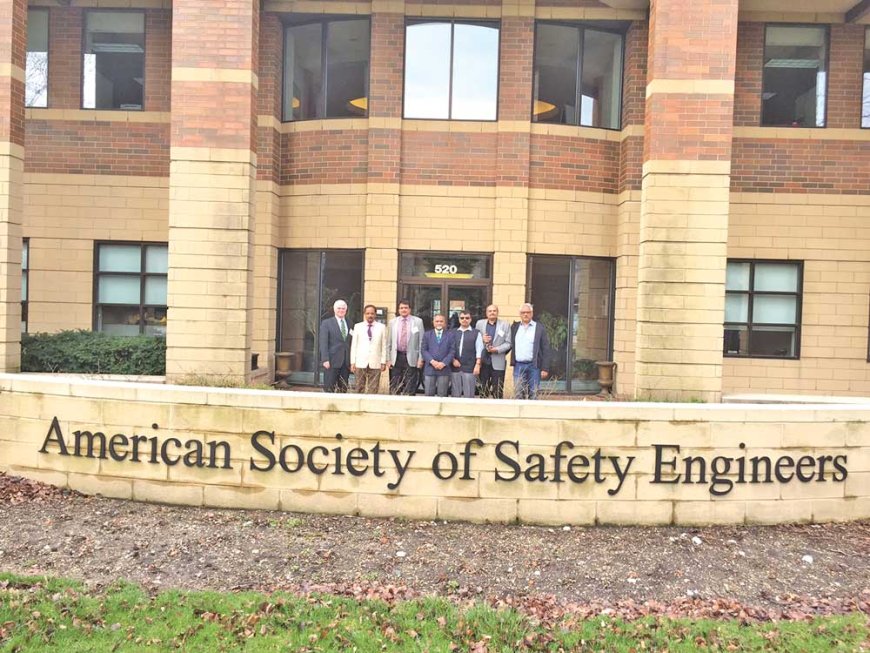
Around 60 per cent of our GDP is contributed by service sector.
Manufacturing sector with snail space growth in the last decade-and-a-half. Skilling does not create jobs. Jobs are a function of growth of economy, expansion of service sector enterprises, export growth and infrastructure
Main Challenges:
Primarily the job roles of Operators and to certain extent Mechanics are non-aspirational and there is no visible demand for certified operators.
Driving Licence is mandated even to drive a ‘scooter’. However, there is no regulation for operating Construction Equipment. Some states have some regulation in line with Motor Vehicle Act for Tyre Mounted Equipments, which does not meet the requirement to operate high technological, high-cost equipment with safety. There is no central authority to create data on accidents etc., and to monitor the same.
However, there were efforts to initiate CEMM Act 2016 (Construction, Earthmoving, Material Handling & Mining Machinery Act), which did not receive much of attention. This Act would have enabled to employ Trained and Certified Operators in the Industry for individual benefit with career progression and for the industry to standardize operational needs for better productivity with maximum uptime keeping safety factor in the front.
Other major issue with the sector skill council is the viability factor, which primarily dependent on the number of certifications. With fees, certifications cost capped by NSDC, the viability of the SSC is always under stress.
Govt of India, many of the occasions have requested IESC to develop and take up job role for other infrastructure segments other than equipment manufacturing alone. The promoter organization ICEMA needs to consider and drive IESC as a ‘stand-alone’ body and create an independent identity in the skilling eco system. There are many ‘grey’ areas where the job roles are not covered by any other sector skill council.
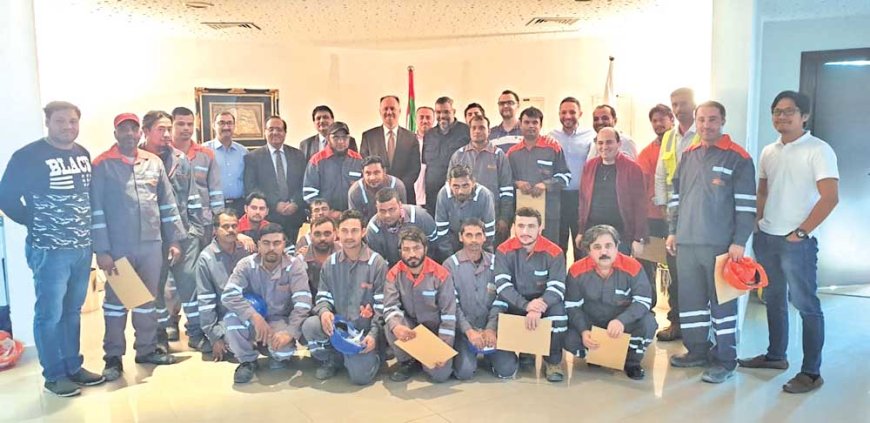
Considering the efforts and commitment from the Infrastructure Equipment Skill Council, it was a proud moment to get invited from USTDA (Unites States Trade Development Agency) for a presentation on our preparedness to provide Skilled Operational Personnel for their future funded projects:
• Participated in the Construction Equipment Reverse Trade Mission (RTM), visiting Washington D.C/ Chicago/ Illinois & Seattle.
• The itinerary covered equipment, services & Skill Development for construction workplace safety and best practices
• Interacting with officials from OSHA (Occupational Safety & Health Admn) ASSE (American Society of Safety Engineers)
• Visiting many construction sites, Original Equipment Mfgrs’ etc.,
Training Abroad
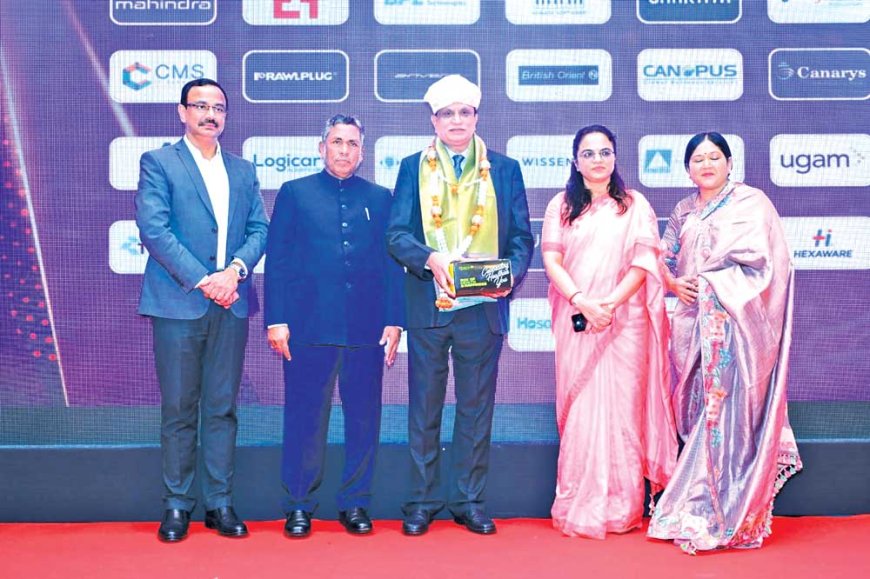
IESC explored the opportunity to train Operators with a renowned construction company - Xtramix Group of Companies, Abu Dhabi for the job role of Train the Trainers and Batching Plant Operators as per the approved Job Roles of NSDC & NCVET. The challenge was to impart training on the machines which were not from India. However, after minutely going through the global standards IESC has adopted and with technical discussions to meet their global training needs, the company approved to train their Operators. The project was executed with the help of OEM M/s Putzmeister deputing their experienced trainer who had knowledge of Hindi, Urdu and English to impart training for the Operators from India, Sri Lanka, Pakistan and Gulf countries. The certification was done through NSDC. It gives immense satisfaction on IESC’s contributing to train and certify over 55,000 deserving candidates and given them employment for their livelihood with 40 approved Job Roles and with over 60 Training Partners through approx. 900 certified trainers. This was only possible with committed IESC Team, who were new into the Skilling Eco System, especially the contribution by Col Krishna Vijay, Director Q&A is worth highlighting.
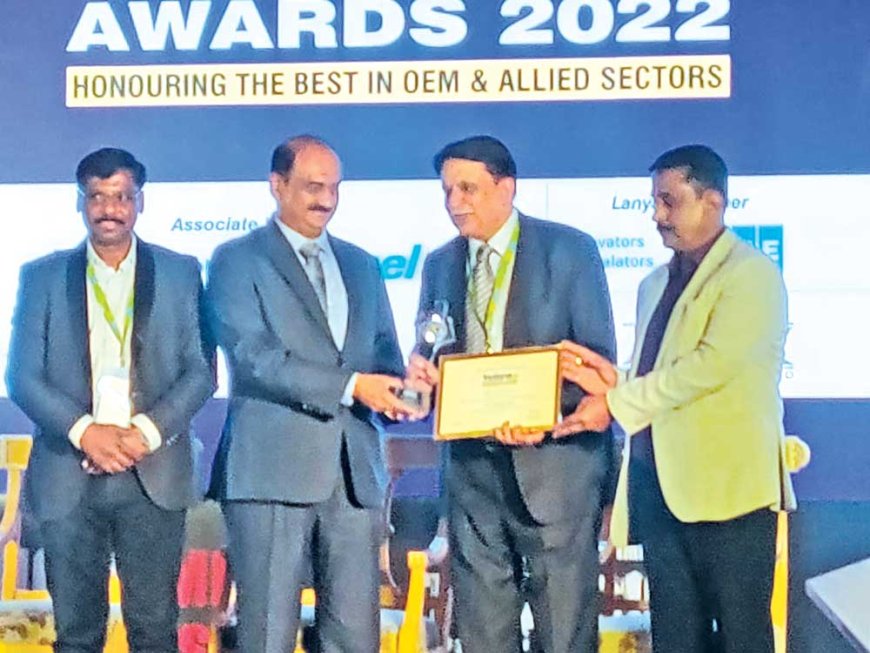
Over a period of over 7.5 years as Founder CEO, had opportunity to work with 5 Chairmans, who are pioneers in the Industry and it was a great learning, apart from the knowledge gained in the Skilling eco system and closely working with the Original Equipment Manufacturers, User Industry & Associations, Private Training Partners, Certification Bodies, CII, NSDC, NCVET, DHI etc.,
Industry recognized the IESC growth and efforts and had the pleasure to receive following awards:
1. Global CEO Award in collaboration with Government of Karnataka
2. Yellow dot award: Outstanding contribution to the skilling initiatives
3. Prestigious SKOCH Award, awarded by SKOCH foundation for the contribution to the Skilling Eco System.
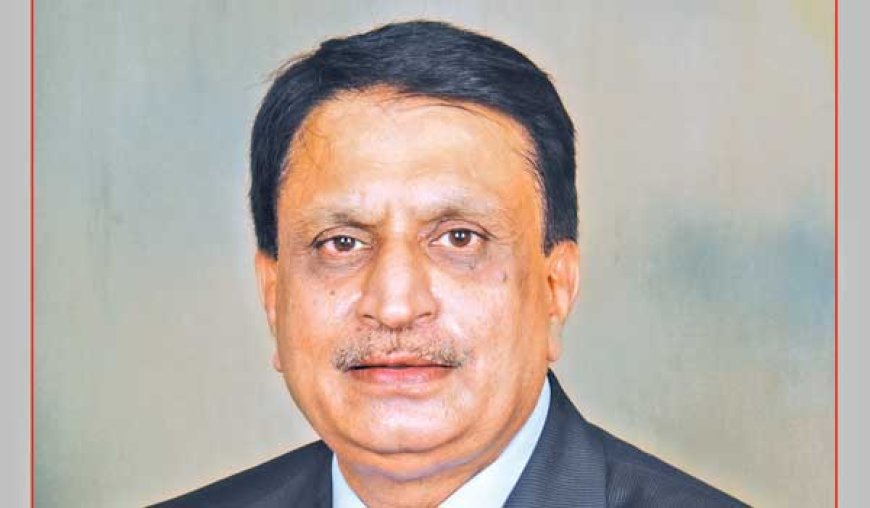 |
H.S. Mohan |








